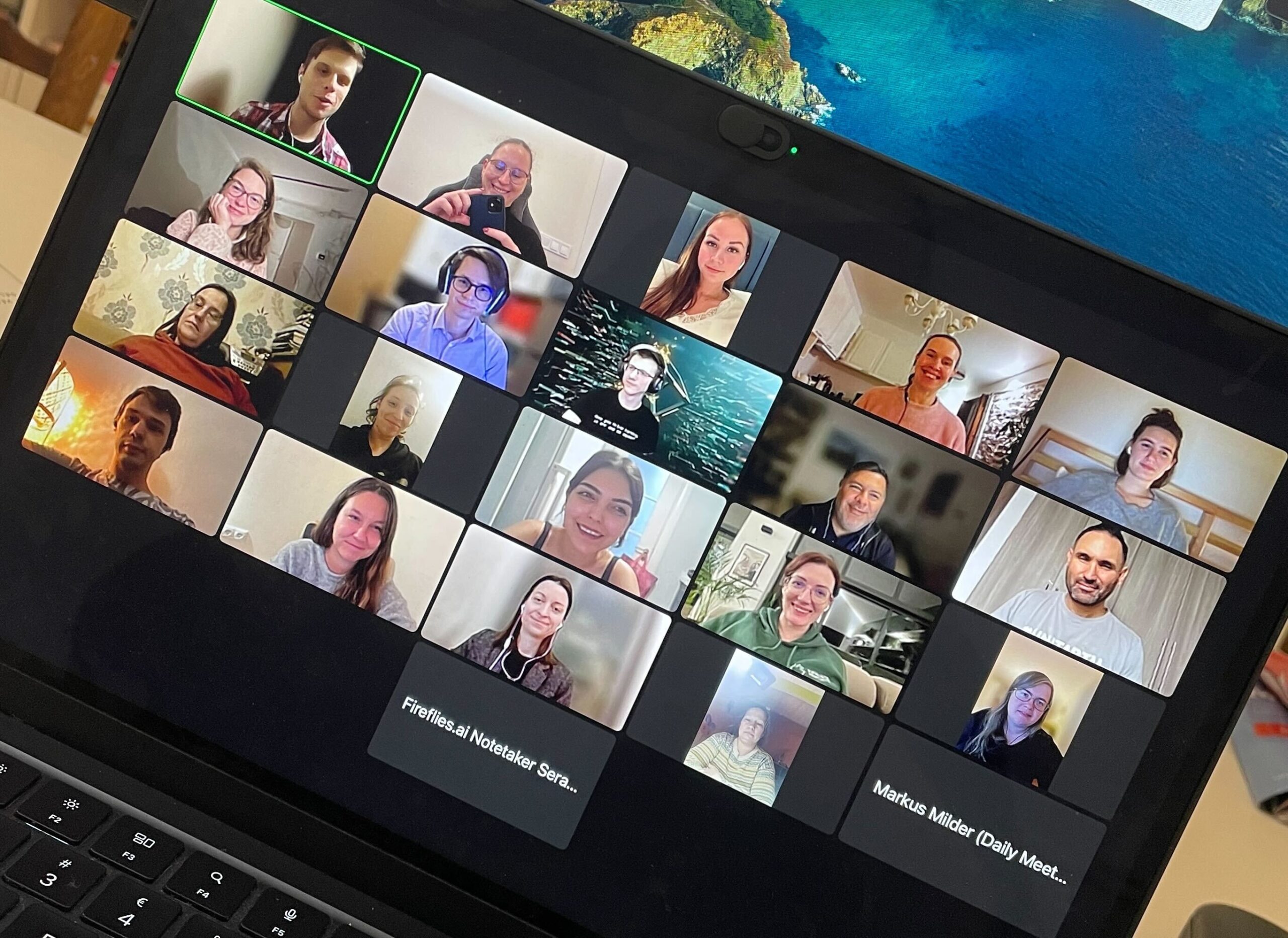The Impact Crash Course, organized in cooperation with the Baltic Innovation Agency, Katalista Ventures and Reach for Change, ended on 24 November.
The Impact Crash Course was a two-week course for social enterprises and organizations wishing to develop their financial sustainability.
During the two weeks, 17 teams from the Baltic countries went through various virtual workshops and developed their social enterprises. The teams gained knowledge in business planning, market research, marketing, sales, and pitching. Each team also had its own mentor to help keep the teams focused on the topics that mattered most to them.
Feedback from the course was that it helped to make new contacts with other entrepreneurs and to see new opportunities to develop their businesses. The next step for most teams is to find new contacts and new ways of working.

The winner of the course was Saule, who will get the chance to participate in the Impact Valley accelerator program. Saule helps others create their own businesses through knowledge transfer, community, and tech support.
In addition to that, special awards were given to the NGO Listen to the griever and LedeLab Group OÜ, who will receive mentoring from Reach for Change and Social Enterprise Estonia. The NGO Listen to the griever raises public awareness about bereavement and trains a range of professionals to help people deal with grief. LedeLab Group’s main objective is to create an environment where education, technology, and sustainability are linked, facilitating informed and effective decision-making. Their vision is to empower leaders with the knowledge to promote sustainable entrepreneurship and mental well-being.
The Impact Crash Course and the Impact Valley accelerator program are organized within the IBESI project. The project is funded by the European Union. However, the views and opinions expressed are those of the authors only and do not necessarily reflect those of the European Union, the European Innovation Council, and the European SMEs Executive Agency (EISMEA). Neither the European Union nor the granting authority can be held responsible for them.

